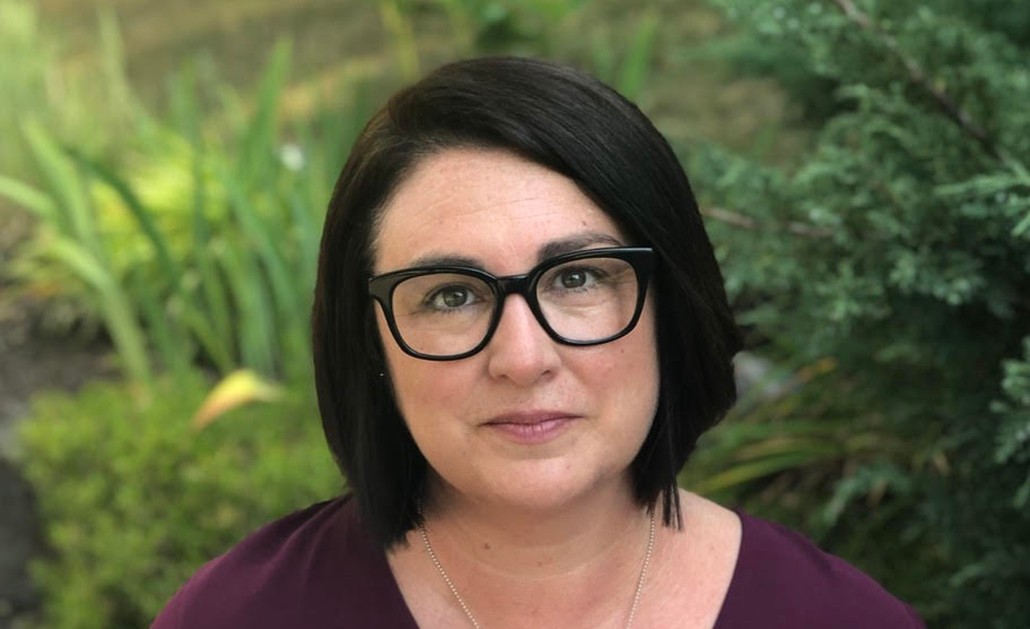“I take a holistic approach to help my clients recover and thrive again. I help support them as they regain professional standing, develop relationships, and work through the spiritual impact of their trauma.”
Flinton says that a volunteer experience in the late 1990s shaped her career path. After she received a master’s degree in religion from Yale University in 1998, she moved to Boston to work at the International Institute of New England, a nonprofit that helps immigrants and refugees realize their full potential. Flinton signed on to help clients prepare to take the citizenship test, but she ended up counseling immigrants who had experienced domestic violence.
“I loved it and realized that everyone around me was a social worker,” recalls Flinton, who went on to earn her master’s degree in social work from Simmons College in 2003. “That ignited my passion for immigrant and refugee mental health and showed me the role social work has within this specialized area of practice.”
Flinton says that she looks forward to collaborating with students and faculty across the Boston College School of Social Work, including those who focus on improving the lives of immigrants and refugees. One of the reasons why she chose BC, she says, is because the school’s five-year plan to reimagine social work training and education includes an initiative to integrate trauma-informed theory, principles, and practice into curriculum, field education, and research.
“Being able to become a trauma-informed school as part of the strategic plan is really exciting to me,” says Flinton. “That’s what I love to teach, and to find a school committed to that vision was a wonderful opportunity for me.”
Flinton plans to teach two courses this fall—”Adult Psychological Trauma: Assessment and Treatment” and “The Impact on Traumatic Victimization on Child and Adolescent Development.” She says her teaching philosophy centers on the belief that students must understand both how and why they employ particular strategies to help clients process trauma.
“I want to share with them my fascination with how the brain works and how brilliantly our bodies are designed to continue to survive after experiencing trauma,” says Flinton. “I want to help them look at individuals to see how they’re coping and provide the scaffolding to support the recovery process.”



